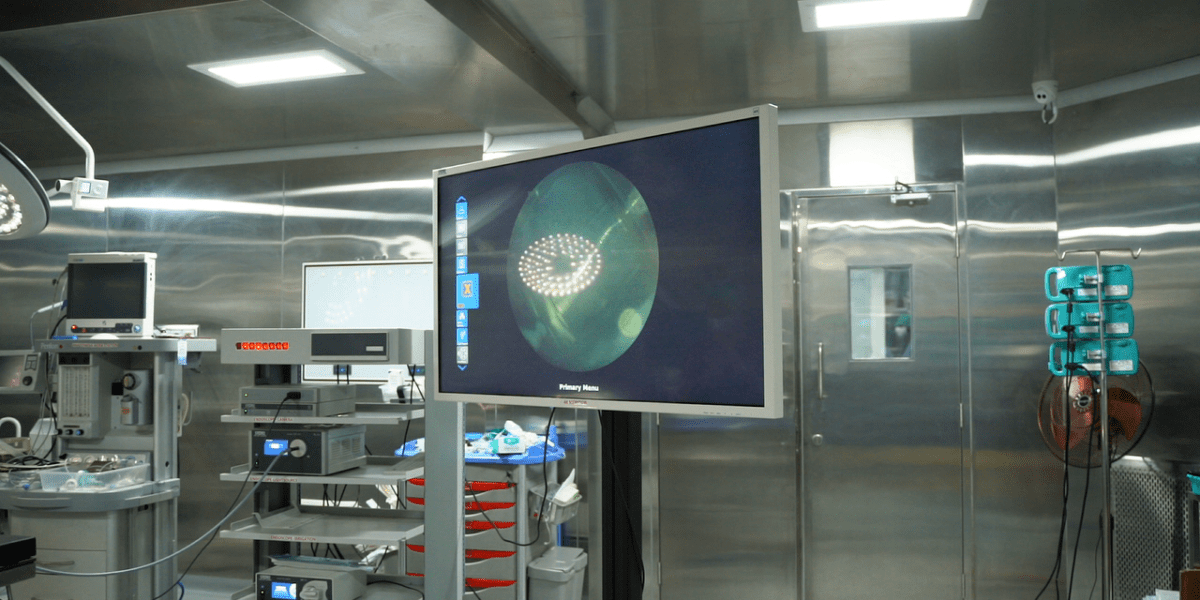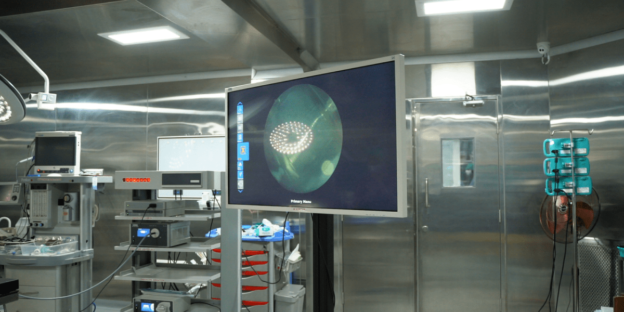INTRODUCTION
When experiencing a spinal disc prolapse, it is essential to consult a neurosurgeon to ensure a safe and effective recovery. While some cases may resolve independently, more serious cases require surgical intervention. A neurosurgeon can evaluate the situation and determine the best course of action. In some cases, surgery may not be necessary if the disc prolapse is small and does not cause any pain or other symptoms. However, in more severe cases, surgery may be required to repair the damage and prevent further complications.
A. What is a spinal disc prolapse?
1. What are the symptoms of a spinal disc prolapse?
A spinal disc prolapse, also known as a herniated disc, is a condition in which the inner gelatinous layer of an intervertebral disc bulges out through a tear in the outer layer. This can pressure the nerves and cause pain, numbness, or weakness in the affected area. Other symptoms may include tingling, muscle spasms, and difficulty moving. In severe cases, bladder or bowel control may be affected. If you experience any of these symptoms, you must see a doctor for diagnosis and treatment.
2. What causes a spinal disc prolapse?
Spinal disc prolapse is caused by a herniation of the outer ring of the intervertebral disc, which results in a bulging or protrusion of the disc. This can happen due to various factors, including age-related wear and tear, injury, or obesity.
B. How is a spinal disc prolapse treated?
Thankfully, 8 out of 10 patients do not require disc surgery, and symptoms subside over time in a few days to weeks.
General Guidelines for disc prolapse are as follows: Activity limitation for 2 to 3 days but no bed rest, MRI is recommended only if symptoms have been present for six weeks or red flag signs in the history or physical examination.
The neurosurgeon advises the MRI based on the need. Emergency evaluation and imaging only if red flags present like significant leg or arm power decrease, saddle anesthesia, bowel or bladder incontinence, Trauma or infection, or cancer in the history, and Persistent pain for more than six weeks.
1. Injections
2. Surgery
3. Other treatments
A thorough evaluation and discussion with a neurosurgeon will help you understand your options for treatment and ensure a successful recovery. Neurosurgeons in Guntur are the best spine surgeons and are experts in brain and nervous system disorders and can provide you with the latest information on treatments and procedures. Neurosurgeons can also answer any questions about your condition and its treatment. Meeting with a neurosurgeon is an important step in ensuring that you receive the best possible care for your condition.
Conclusion
When experiencing a spinal disc prolapse, it is important to consult a best neurosurgeon or best spine surgeon in Guntur to ensure a safe and effective recovery.
A thorough evaluation and discussion with our chief neurosurgeon and spine surgeon Dr. Mohana Rao Patibandla, who is fellowship trained in minimally invasive keyhole surgeries will help you understand your options for treatment, and ensure a successful recovery.
If you are experiencing symptoms of a spinal disc prolapse, don’t wait call Neurosurgery Today at 9010056444 or 9010057444 today!

The Biplane Cath Lab Hybrid operation theater at our hospital is equipped with the latest 4K endoscopy, neuromonitoring and neuronavigation technology. This state-of-the-art equipment allows us to provide our patients with the best possible care.

4K endoscopy provides superior image quality, which helps our doctors to more accurately diagnose and treat conditions.



